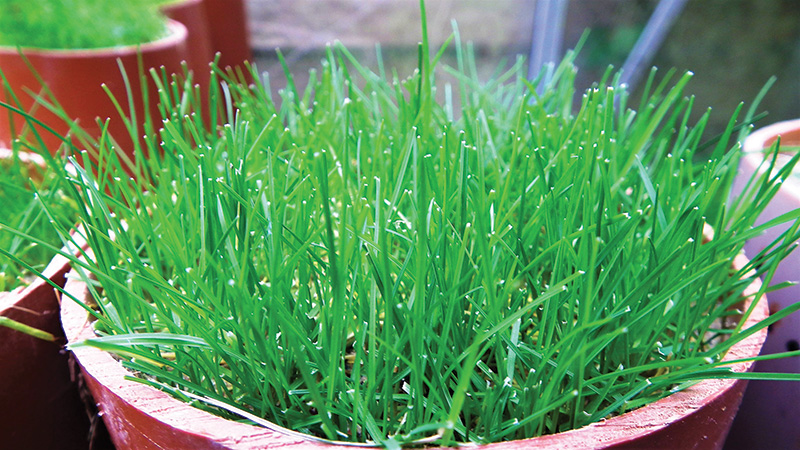
We hear a lot about fake news and misinformation. It has little value other than supporting conspiracy theories, confirmation biases, political agendas and personal opinions. It takes an effort to sort through the junk that is out there and make sure that whatever you share or choose to believe has value to it and is based on evidence rather than an agenda. It is not easy to do.
Fake science, also known as pseudoscience, is real and, unfortunately, common. It is perhaps most common in the area of products for health and wellbeing.
A recent peer-reviewed study indicated that unethical “paper mills” are cranking out papers at an alarming rate. In some areas of medicine, it was reported that up to one-fourth of the papers that could be found online were “fake” or plagiarized. These paper mills are private unethical businesses that are paid by a variety of sources to produce manuscripts that have value in a less-than-savory manner.
Fortunately, there are tools to help separate the wheat from the chaff through author affiliation searches and other “fake paper detectors,” but the problem is real. For the average citizen, it is a real challenge to make sure what they are reading is the product of ethical, science-based research that is peer-reviewed.
Unfortunately (from my perspective as a scientist), there are open-access journals that will publish whatever the author is willing to pay for. These are not a part of the peer-review process for publishing quality research that I have mentioned in previous articles.
Most of you don’t immerse yourself in reading the scientific literature, likely because you have some semblance of a real life. However, fake science websites surely come across your screen frequently.
Fake science websites often use a lot of hyperlinks because they are perceived to provide an indication of credibility. They often hyperlink to these open-access journals, giving the illusion you are doing a good job researching your topic and obtaining credible information. You are not!
While a hyperlink may give the impression that the claim has been verified, that is not necessarily true. The real scientific process is rigorous, and claims are not made unless there is data to back it up. If the data is insufficient, the authors often indicate that more research is necessary.
Similar to political claims, repetition is often perceived to lend credibility. When fake science gets shared enough, it begins to get accepted by larger audiences. Search engines may then begin to increase the content’s visibility.
The intent of fake science isn’t always to convince you of something specific. Often, the focus is on creating doubt regarding otherwise well-established facts. Many industries have done this in the past and continue to do so. This is particularly true for companies that manufacture products with suspected negative health consequences (such as cigarettes). The impact of these articles and websites is most profound when they get shared at a high rate.
Some techniques can help protect you from believing and sharing fake science.
One technique is called lateral reading. This is a process of reading several different articles from different sources to see if they send the same message.
Look at the hyperlinks contained in a given article. Are they guiding you toward websites that are reputable? Or are they links to websites that don’t appear relevant, don’t appear to be reputable or are selling something?
Another approach is to dig deeper by copying some portions of the articles and plugging them into a search engine to see when and where they have been reposted. If it is a “real” science article, you should find it on reputable websites from well-established universities, research organizations or government agencies that are transparent about who they are and how they are funded — not strange sites that you can discern little about. In addition, there are websites that can help you understand more about whether or not you’ve found yourself connected to something with credibility. Mediabiasfactcheck.com is one such site.
Rick Brandenburg, Ph.D., is a turfgrass entomology professor at North Carolina State University in Raleigh, a post he’s held since 1985. The 28-year GCSAA member is also a frequent presenter for GCSAA, both in webinars and at the annual GCSAA Conference and Trade Show.